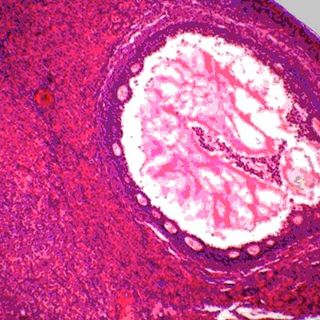For women going through IVF, a commonly offered add-on treatment is an “endometrial scratch,” which involves making a small scratch or tissue biopsy on the lining of the uterus before the IVF procedure. The procedure ostensibly inflames the uterine lining, making it more hospitable to embryo implantation. However, a new large-scale study shows the procedure offers no help in getting pregnant and having a baby.
Previous studies have shown mixed outcomes from using this technique. “Results from earlier studies have suggested a benefit from endometrial scratching in IVF,” explains study author, Sarah Lensen, PhD, a researcher from the University of Auckland, New Zealand, “especially in women with previous implantation failure. However, many of these studies had a high risk of bias in their design or conduct and did not provide strong evidence. There was still uncertainty about the validity of a beneficial effect.”
Lensen’s research involved 1,300 women undergoing IVF, from 13 fertility clinics spread across five countries – New Zealand, UK, Belgium, Sweden and Australia. Half the women received an endometrial scratches using a small, flexible plastic tube called Pipelle, which is usually used for uterine biopsies, while the other half did not have any additional procedures.
The group that received the endometrial scratch had a 31.4% clinical pregnancy rate, while the other group had a clinical pregnancy rate of 31.2%. The live birth rate in both groups was 26.1%.
Even after taking into consideration women’s history of implantation failure, pregnancy rates remained similar. Previously this group of women was the one believed to benefit from endometrial scratching before IVF.
The new study also analyzed pain related to the endometrial scratch, and found moderate levels of pain and bleeding. Another reason, then, to abandon an ineffective, yet common IVF scratch procedure. (In 2016, a survey by Lensen found 83% of fertility clinics in Australia, New Zealand and UK would suggest endometrial scratching before IVF.)
“Our results contradict those of many studies published previously,” says Lensen, who presented her findings at the 34th annual meeting of the European Society of Human Reproduction and Embryology. “And, although our trial was the largest and most robust study undertaken so far, it can be difficult for one trial to change practice. However, there are other trials under way at the moment, including two large studies from the Netherlands and UK. Nevertheless, even based just on our results, I think clinics should now reconsider offering endometrial scratch as an [add-on] treatment.”




